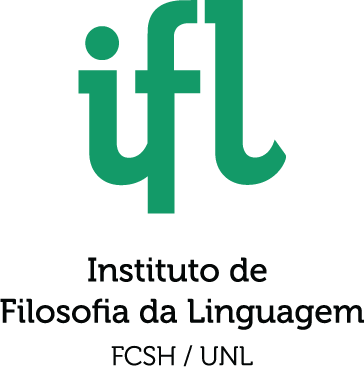Instituto de Filosofia da Linguagem
Centro de Investigação & Desenvolvimento sobre Direito e Sociedade
Universidade Nova de Lisboa
In recent years the concept of sovereignty has gone through a serious reconceptualisation. Phenomena known and discussed under the label of “globalisation” impelled a reconsideration of what has been thus far one of the central cores of the theories of the state, i.e. its sovereignty. Defined in the wake of Bodin as a self-sufficient source of authority that does not recognise any higher above itself, in the last two decades the rise of “post-national constellations” of political authority have led to serious attempts to reconstruct both the notion and the practice of sovereignty beyond the state.
A relevant portion of this debate revolves around the thus far most extensive experiment to give shape to a post-national political entity, i.e. the European Union. Whilst still struggling with the question of sovereignty, EU institutions and members have progressively steered towards the acquisition of symbols that embody some central characteristics of a political identity shaped according to the model of constitutional patriotism. The European identity has thus been oriented towards an “ethical identity” based on the protection and common acknowledgement of a set of rights and values. The Charter of Fundamental Rights is the medium which was designated to fix the fundamental rights and values of the European peoples in order to highlight the foundation of a common political ethics.
Besides this “institutional way” to foster the evolution of the EU towards a new post-national political entity, scholars have pointed out how contemporary democracies are and must be characterised by a dialectical relation between institutions and civil society, thus asking the question as to how such a European civil society could emerge. As a matter of fact, besides theoretical attempts to reconceptualise sovereignty, a remarkable contribution to the evolution of the concept comes from the political language of civil society organisations, which offer an understanding of sovereignty beyond the state by claiming institutional protection of areas of common interest in everyday life. The analysis of the concept of sovereignty as it is used in the context of civil society organisations and social movements offers therefore new insight into the meaning and scope of the concept of sovereignty under current conditions of international political interconnectedness.
In the light of these presuppositions, our research aims to accomplish the following tasks:
a. To analyse the thus far most impressive example of a post-national political entity still struggling with the question of sovereignty, i.e. the European Union, focussing especially on what it has done in recent years to assume the characteristics of a sovereign political entity: the Charter of Fundamental Rights, the values and rights it suggests as the core of a European political ethics, and its political and legal implications.
b. To analyse the contribution that networks of European associations and social movements bring to the development of a European civil society, especially through a critical view of the EU as a global actor and with regard to the forms of its sovereignty. Relevant documents have been produced within the European Social Fora and discussed in on-line international networks. These two sources will provide the material necessary to our investigation.





